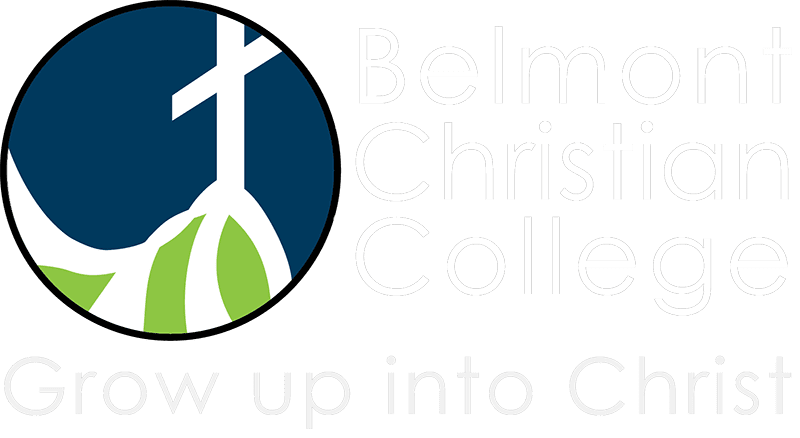Stage 5 at Belmont Christian College
It is a privilege to partner alongside you throughout Stage 5.
With so many options available, choosing the right subjects to study in Year 9 and 10 can be challenging. Our prayer is that this page supports you in the lead-up to commencing Stage 5 at BCC. Take some time to look around, and as you reflect on the subject opportunities, be sure to chat with your teachers. We are here to help.
Completing Stage 5 at BCC
We’ve put together two essential videos to help you understand how Stage 5 works at Belmont Christian College. Be sure to take a look at these before you consider the elective subjects below.
Choosing subjects in Stage 5
Hear from our Assistant Principal and Head of Secondary, Mr Steve Tidey as he takes you through the many benefits of completing Stage 5 at Belmont Christian College and how to enter your subject choices.
Connect in Stage 5
Hear from our Stage 5 Connect Leader, Mr Phil Melcum, as he shares more on the important role that Stage 5 students play in the College Connect program.
Stage 5 Electives
Take some time to explore our Stage 5 electives by watching the videos below.
Commerce
Commerce is a very practical, ‘big picture’ course serving students with interests in areas such as business, law, economics, politics, retail and the humanities.
Design & Technology
Design and Technology provides a range of broad experiences in the design and development of quality projects.
Drama
Drama is a valuable subject in teaching students to express themselves with confidence, to voice their faith in creative and engaging ways and to develop their God-given abilities.
Food Technology
The Food Technology course provides students with a broad knowledge and understanding of food properties, processing, and preparation, nutritional considerations and consumption patterns.
Industrial Technology – Timber
Industrial Technology develops students’ knowledge and understanding of materials, processes technologies in relation to the timber and associated industries.
Information & Software Technology
IST aims to develop in students the abilities and confidence necessary to become competent users of computer technology so that they can accept the challenges presented by change.
Integrated Science, Technology, Engineering & Mathematics (iSTEM)
Science, technology, engineering and mathematics are fundamental to shaping the future of Australia. They provide enabling skills and knowledge that increasingly underpin many professions and trades, and the skills of a technologically based workforce.
Marine & Aquaculture Technology
Marine and Aquaculture Technology develops students’ capacity to design, produce, evaluate, use and
manage marine and water-related environments in an environmentally sustainable way.
Music
The Music course is designed for those students who wish to extend their musical experience. This subject places an importance on the development of performance, listening and composition.
Photographic & Digital Media
Photographic and Digital Media provides students an opportunity to engage in specialised learning focused on using photographic and digital technology as an important field of artistic expression, conceptual knowledge and technological procedures
Physical Activities & Sports Studies
PASS incorporates a wide range of lifelong physical activities, including recreational, leisure and adventure pursuits, competitive and non-competitive games, individual and group physical fitness activities, and the use of physical activity for therapy and remediation.
Textile Technology
The study of Textiles Technology provides students with broad knowledge of the properties, performance and uses of textiles in the design and creation of creative and functional garments and textile products.
Visual Arts
Visual Arts is a subject where students are encouraged to create individual works based on their experiences and environment, and to experiment with different media and materials. Every student has creative potential.
